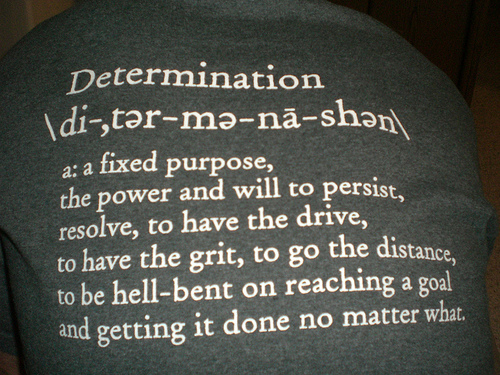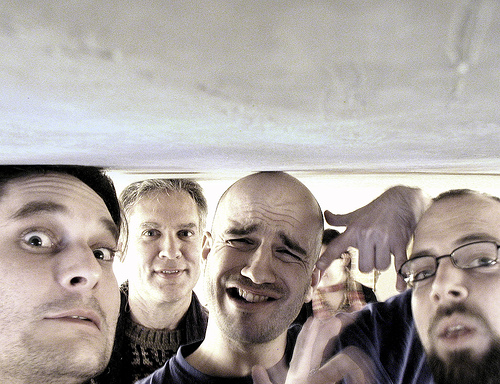Writing for an Audience Can Be Dangerous
I think the best way to survive and thrive in this writing life is to examine our motivation. If we…

I think the best way to survive and thrive in this writing life is to examine our motivation. If we…

What are your real hopes and dreams for your writing career? How vital are they to your sense of self-worth?…

You want to be a what?? Are you crazy?? Let’s see—years of grueling hard work, rejection, frustration, terrible odds, impossible-to-reach…

Subscribe to my email blasts to level up your writing and be notified of upcoming events and offers!
No products in the cart.